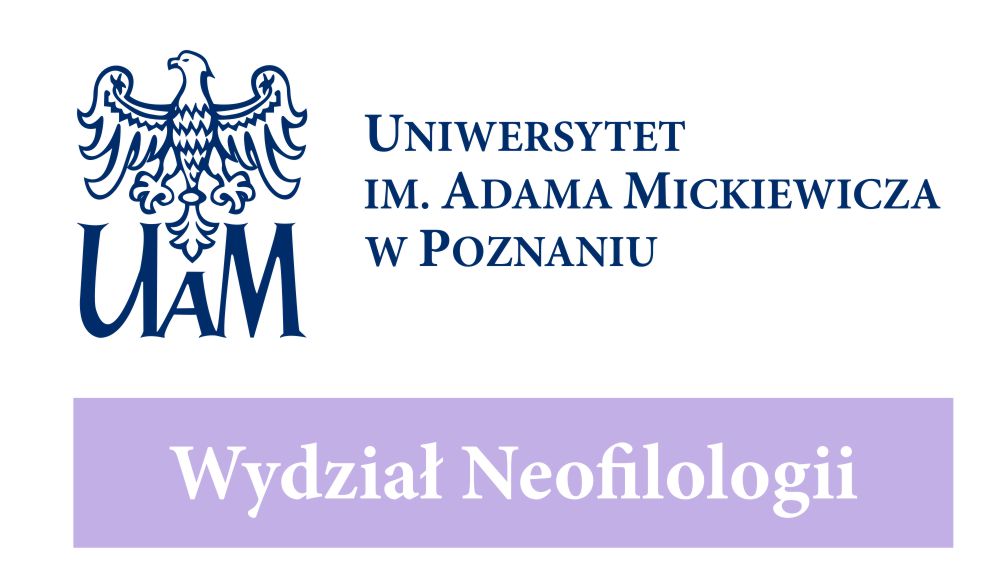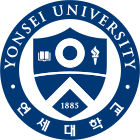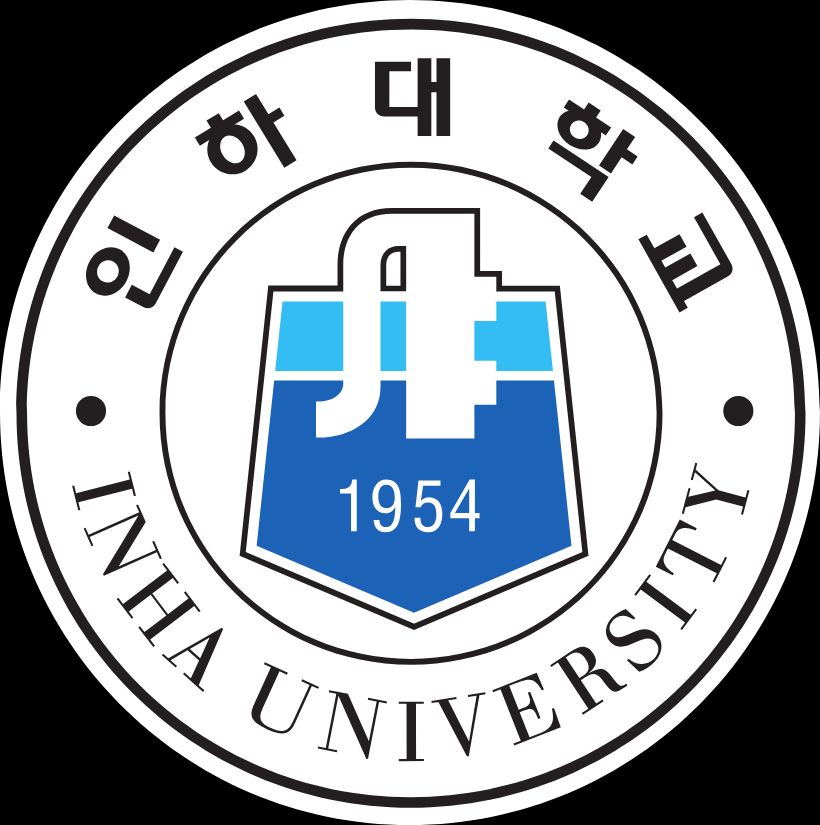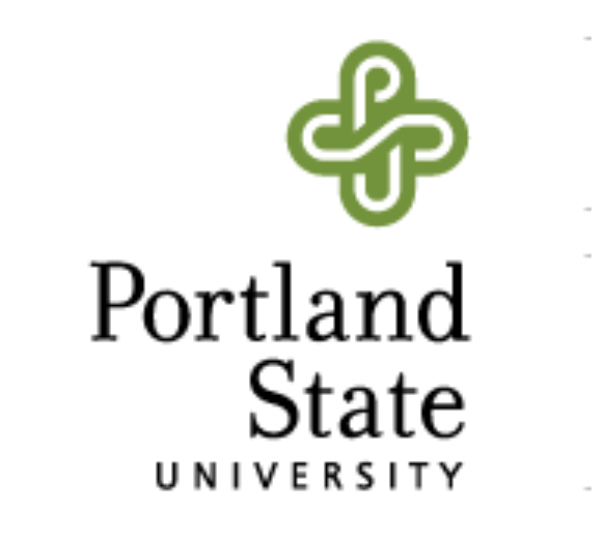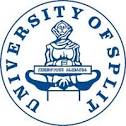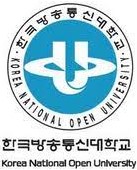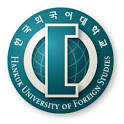19th Conference on Translation, Interpreting, LSPs and Cultural Studies
and
4th East European Consortium of Korean Studies (EECKS) and the International Conference on East Asian and Korean Studies
held on 27-29 June 2024 by the Institute of Applied Linguistics and the Insitute of Oriental Studies of the Adam Mickiewicz University in Poznan (Poland)
Titled:
Spaces for Change in Law, Language, Literature, History and Cultural Imagination of Asia, Africa and Europe
Hosted by: Adam Mickiewicz University, Poznań Poland
in cooperation with:
Yonsei University, Seoul, Korea;
Inha University, Inchon, Korea;
Korea National Open University, Seoul, Korea;
Hankuk University of Foreign Studies, Yongin and Seoul, Korea;
University of Split, Croatia.
Call for papers
The concept of “Spaces for Change” in the domains of law, language, literature, history, and cultural imagination is a complex and multifaceted one, and it can vary significantly across different regions and contexts within Asia, Africa, and Europe. These spaces for change are often influenced by historical, social, political, and cultural factors. Here are some general considerations for each domain:
Law:
Legal Reforms: Spaces for change in the legal systems of these regions may involve reforms to address issues such as human rights, gender equality, and access to justice.
Customary Law: The intersection of traditional customary law and modern legal systems can be an area where change is sought to strike a balance between tradition and contemporary values.
Language:
Language Preservation: Efforts to preserve and revitalize indigenous languages are crucial in Africa, Asia, and Europe, where linguistic diversity is rich but threatened.
Language Policy: Government policies may play a significant role in promoting or hindering linguistic diversity and language change.
Globalization has contributed not only to the intensive mobility of people representing different cultures, beliefs or disciplines, but also influenced the expansion of scientific horizons. Today, research cannot be clearly assigned to only one area, because thanks to internationalization, the availability and the possibility of reduplication have significantly expanded. Today, scientific research is international, interdisciplinary and multilingual, and only such foundations allow us to create unique solutions involving scientists from all over the world. The conference is intended to become just such an event enabling the exchange of ideas between scientists from three continents who want to reflect on a common vision of tomorrow’s science, and in particular the following areas will be discussed during the conference:
- Research on specialized languages
- Teaching specialized languages from a contrastive perspective
- Didactics of specialized languages from a diachronic perspective
- New methods and tools used in teaching specialized languages
- Artificial intelligence and specialized language teaching
- Virtual reality in teaching specialized languages
Literature:
Representation: There is a growing push for more diverse and inclusive literature that reflects the voices and experiences of marginalized groups.
Globalization: Literature can serve as a space for change by reflecting the impacts of globalization, migration, and cultural exchange on society.
History:
Revisiting Narratives: Spaces for change in history involve revisiting and revising historical narratives to provide a more inclusive and accurate representation of the past, including the experiences of marginalized groups.
Decolonization: In many cases, there is a call to decolonize historical narratives and address the legacies of colonialism.
Cultural Imagination:
Contemporary Art: Contemporary art and cultural expressions often challenge traditional norms and push boundaries, serving as spaces for change in cultural imagination.
Cultural Exchange: Platforms for cultural exchange, such as festivals and exhibitions, can facilitate cross-cultural understanding and change perceptions of different regions.
It is important to note that the specific spaces for change within these domains can vary greatly from one country or region to another. Additionally, the dynamics of change may be influenced by factors such as political regimes, economic development, social movements, and globalization. What constitutes a space for change in one context may not be the same in another, and the direction of change can vary widely as well.
In these regions, the interplay between tradition and modernity, local and global influences, and the aspirations of diverse communities all contribute to the evolution of law, language, literature, history, and cultural imagination. Consequently, the spaces for change are dynamic and subject to ongoing debate and negotiation.
Communication
Public Communication: Within the realm of public communication, we witness evolving discourse patterns, encompassing alterations in communication modalities across both traditional and social media platforms.
Political Communication: The landscape of political discourse is in a state of dynamic transition, with noteworthy shifts and contemporary tendencies evident in the domain of election campaigns, among other contexts. Political communication has been experiencing a process of professionalization that extends to linguistic aspects and non-verbal communication components.
Institutional Communication: The domain of institutional communication embraces structured and professionalized means of interaction, bridging the gap between an institution, be it governmental, corporate, or administrative, and a collective or individual audience.
Presentations
Presentation slots should not exceed 20 minutes (15 minutes long presentation plus 5 minutes for questions). Power Point presentations are invited. Papers from the conference will be published after positive reviews. Any questions concerning the conference should be submitted to the following address: lingua088@gmail.com
The abstracts of 100-200 words should be sent by 20th January 2024.
Abstract acceptance notification: 10th February 2024.
Submission of full papers : 30 June 2024.
Abstracts should be sent via the registration form.
- Click here to open the registration form
- Updated conference information will be sent to registered participants by email
Online participation
There will be only one session stremlined online. If you register for online presentation and participation, you will not be able to listen to onsite presentations. The fee for online participation includes the publication of papers after positive reviews.
Online participation fees:
Early payment by 20 February 2024: €100.
Payment from 21 February to 20 March 2024: €125.
Payment after 21 March till conference: €150.
Onsite participation fees:
Early payment by 20 February 2024: €300.
Payment from 21 February to 20 March 2024: €350.
Payment after 21 March till conference: €400.
The onsite participation fee includes:
- accomodation in double rooms from 26th June till 29th June 2024,
- meals (sandwiches on 26th June after arrival; breakfast, lunch and dinner on 27th and 28th June; breakfast on 29th June),
- coffee breaks during the conference,
- conference pack,
- publication of papers after positive reviews.
Conference venue: the Palace in Gułtowy. The Palace is located 30 kilometers from Poznań. There is a convenient train connection to the village of Gułtowy. The train departs every 40-50 minutes from Poznań Main Railway Station. The cost of the one-way train ticket is about 4 euro.
We kindly request you to pay the fee into the following account:
Bank Account Details:
Payee: Adam Mickiewicz University
Address: ul. H. Wieniawskiego 1, 61-712 Poznan, Poland
VAT no: PL7770006350
Bank: Santander Bank Polska S.A.
Address: Plac Wolności 15, 60-967 Poznan, Poland
IBAN: PL 77 1090 1362 0000 0000 3601 7903
Swift: WBK PPLPP
For: KN 000040 your name and surname
Note: It is vital that you place on your money transfer the following number: KN 000040.
No partial registration is envisaged, so it will not be possible to register for just one or two days.
We do not accept credit cards.
Cancellation policy:
In case of cancellations the conference fee is not refunded. However, the contributors may submit their papers.
LANGUAGES: English, French and German
Any inquiries should be sent to the following email address: lingua088@gmail.com
Confirmed keynote speakers
Professor Onorina Botezat
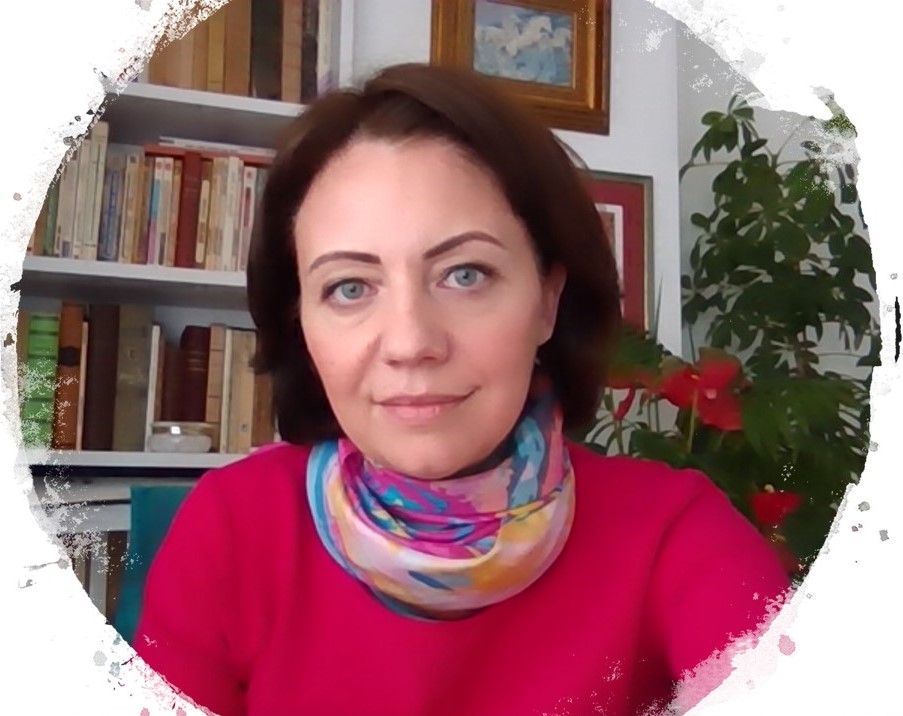
Profesor Onorina Botezat (BA in Philology and Law, MA in Law, Ph.D. in Theory of Literature) is an Associate Professor in French and English at Bucharest University of Economic Studies, Romania. Her areas of research include travel writings and cultural transfer, imagological and literary studies, and legal terminology. Her most recent publications are Mapping Cultural Identities and Intersections: Imagological Readings, (edited with Mustafa Kirca, Cambridge Scholars Publishing, 2019) and Romanian Authors Writing in Foreign Tongues (edited with Corinne Fournier Kiss, Ramona Mihăilă, Pro Universitaria, 2021). She has been a member of several European projects, serves as a reviewer for various journals, and was the Editor in Chief of Annals of Linguistics, Literature and Methodology of Teaching from 2017 to 2023.
Professor Kangsok Cho
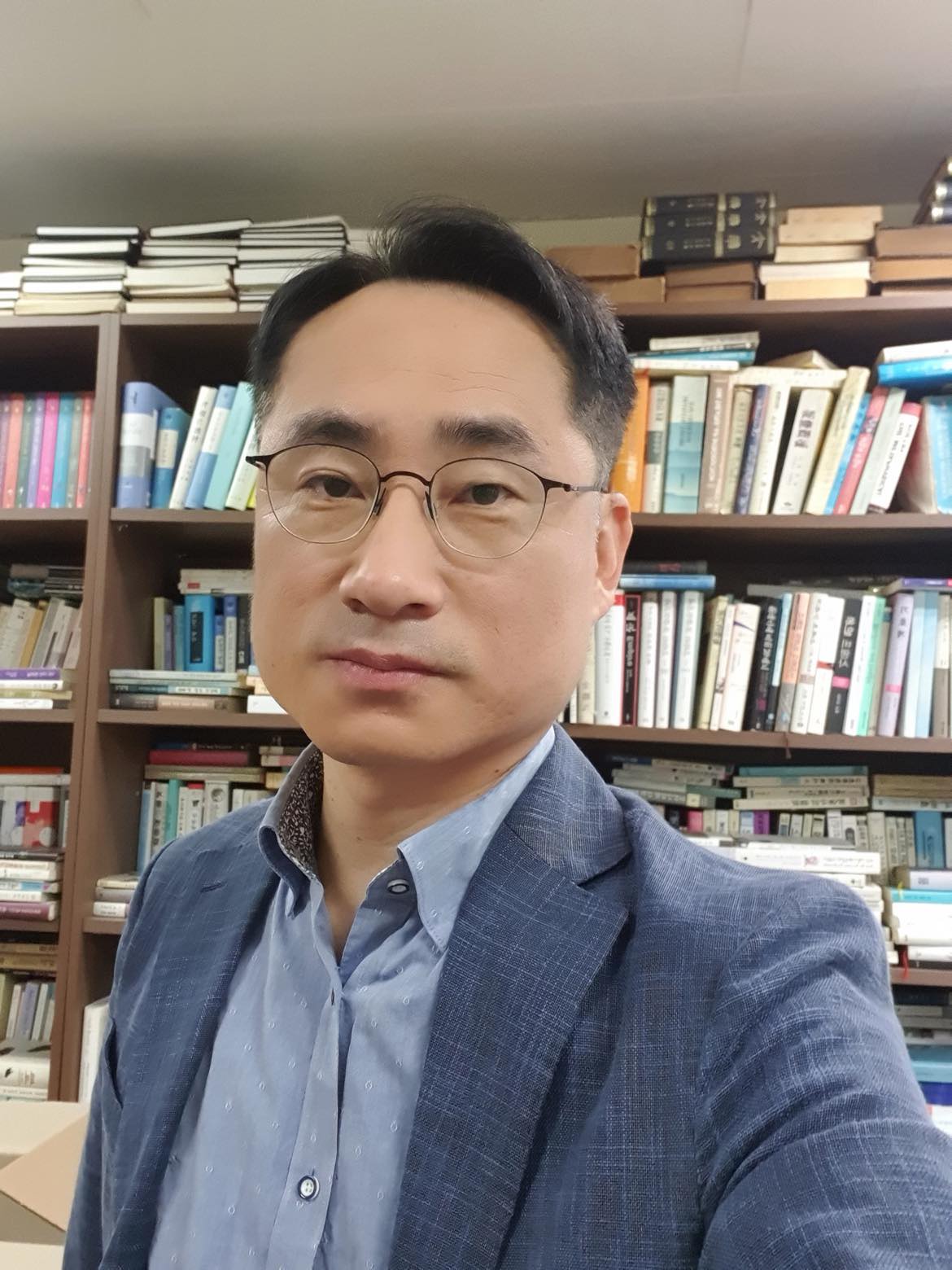
Professor Kangsok Cho is literary critic, and Professor of Yonsei University, the Republic of Korea. He is Associate Dean of College of Liberal Arts of Yonsei University, Director of Dept. of Korean Language and Literature BK21 Four. Since 2005 He has written manifold essays on Korean Contemporary Literature and Culture He had worked in the editing cenacle of The Joongang Literature Quartery and The Modern Poetry Monthly. Professor Kangsok Cho graduated from Dept. of English Language & Literature, Yonsei University. (MA in Modern Korean Literature, Phd. in Modern Korean Literature, Yonsei University). Professor Kangsok Cho has published several books on Korean Literature and Culture, as Image-thought and Poetics of Modern Korean Poetry(2021, selected as one of the Books of the Year by The National Academy of Sciences, South Korea), Pillars of Tlön (2021, selected as one of the literary books of the year by ARTE, Korea arts & Culture Education Service), Korean Literature and Universalism(2017, selected as one of the Books of the Year by The National Academy of Sciences, South Korea), Image Motiphology (2014, selected as one of the literary books of the year by ARTE, Korea arts & Culture Education Service), Two Modes of Dissonant Appreance (2011), An Empric’s Watch(2010), Constellations of Aporia(2008, selected as one of the literary books of the year by ARTE, Korea arts & Culture Education Service). Prof. Kangsok Cho won The Hyundae Munhak Award for Critics(2019), Literary Prize of Pyunwoon(2008). He organized EECKS(East Europe Consortium for Korean Studies) with professors from South Korea and Europe. He also participated in over 100 conferences and workshops delivering speeches. He carried out lectures in the Unites states of America, and some European and Asain countries such as Croatia, Poland, China, Japan, etc. Prof. Kangsok Cho is teaching Korean literature, criticism and literary theories at Yonsei University.
Profesor Liu Guanghua

Professor Liu Guanghua is a professor of law at Lanzhou University in China (Lanzhou University Law School). He carries out research into law, legal linguistics and specialized communication. He published 7 monographs on labor law, social law, economic law, and many articles in prestigious journals. He has been awarded many times for his achievements in the field of law. A detailed list of his achievements can be found on the University’s website (https://zgy.lzu.edu.cn/info/1181/2480.htm). He conducted research or was a visiting professor at many universities including: University of California, Hastings College of Law, Aix-Marseilles Paul Cezanne University, Georgetown University, Mahidol University International College, International University College of Turin. At the conference, Professor Liu will deliver a paper on the language of hunting and the image of hunting in China, as well as legal benefits in this area. Lanzhou University is classified at the position between 301 and 400 in the Shanghai University Ranking.
Professor Artur Kubacki
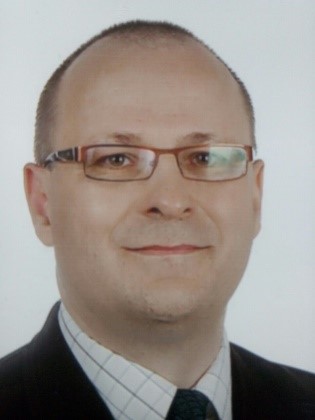
Professor Kubacki has been Head of the Department of German Linguistics in the Institute of Modern Languages at the University of the National Education Commission in Krakow since 2014 and a practising sworn translator of German since 1998. He was awarded a postdoctoral degree in the humanities in 2013 on the basis of a postdoctoral thesis entitled Certified Translation. The Status, Education, Working Methods, and Accountability of Sworn Translators [Tłumaczenie poświadczone. Status, kształcenie, warsztat i odpowiedzialność tłumacza przysięgłego] (Wolters Kluwer 2012). He is the author or co-author and editor or co-editor of 24 books on translation studies and foreign language learning and teaching. He is also the author or co-author of more than 130 articles, reviews, and translations concerning LSP translation and its teaching, especially in the area of legal and economic terminology. Since 2005, he has been a member of the Commission for Professional Accountability of Sworn Translators. Since 2007, he has been a consultant to, and—since 2013—a member of the State Examination Board responsible for administering the examination to become a sworn translator (the Board is an agency of the Ministry of Justice). Furthermore, he is a legal linguistics expert for the Regional Court in Cracow. The Polish Society of Sworn and Specialized Translators TEPIS in Warsaw awarded him the 2020 Translator’s Laurels prize for his active support for the sworn translators’ community, expert knowledge, a wealth of experience, and outstanding professional achievements.
Professor Jong-Seong Park

Professor Jong-seong Park is an outstanding scientist working at Korea’s largest university (Korea National Open University). He is a Korean scholar specializing in the study of Korean literature, with particular emphasis on folklore, culture, and the interpenetration of various areas of life. He is an outstanding specialist teaching comparative mythology and classical Korean literature at the Korea National Open University (KNOU) in Seoul. He graduated from Seoul National University with a PhD in Comparative Mythology and Korean Classical Literature. In 2020, he spent a year at the Adam Mickiewicz University as part of his annual sabbatical, during which he carried out a research grant. He has supported Korean studies at UAM many times, helping to find lecturers, co-organizing conferences. He is also a member of the editorial board of the International Journal of Korean Humanities and Social Sciences. At the conference, he will present a paper on the symbolism and legal status of tigers in Korea, including the history of the extermination of the species during the Japanese occupation.
Dr. Sally Strand Mudiamu
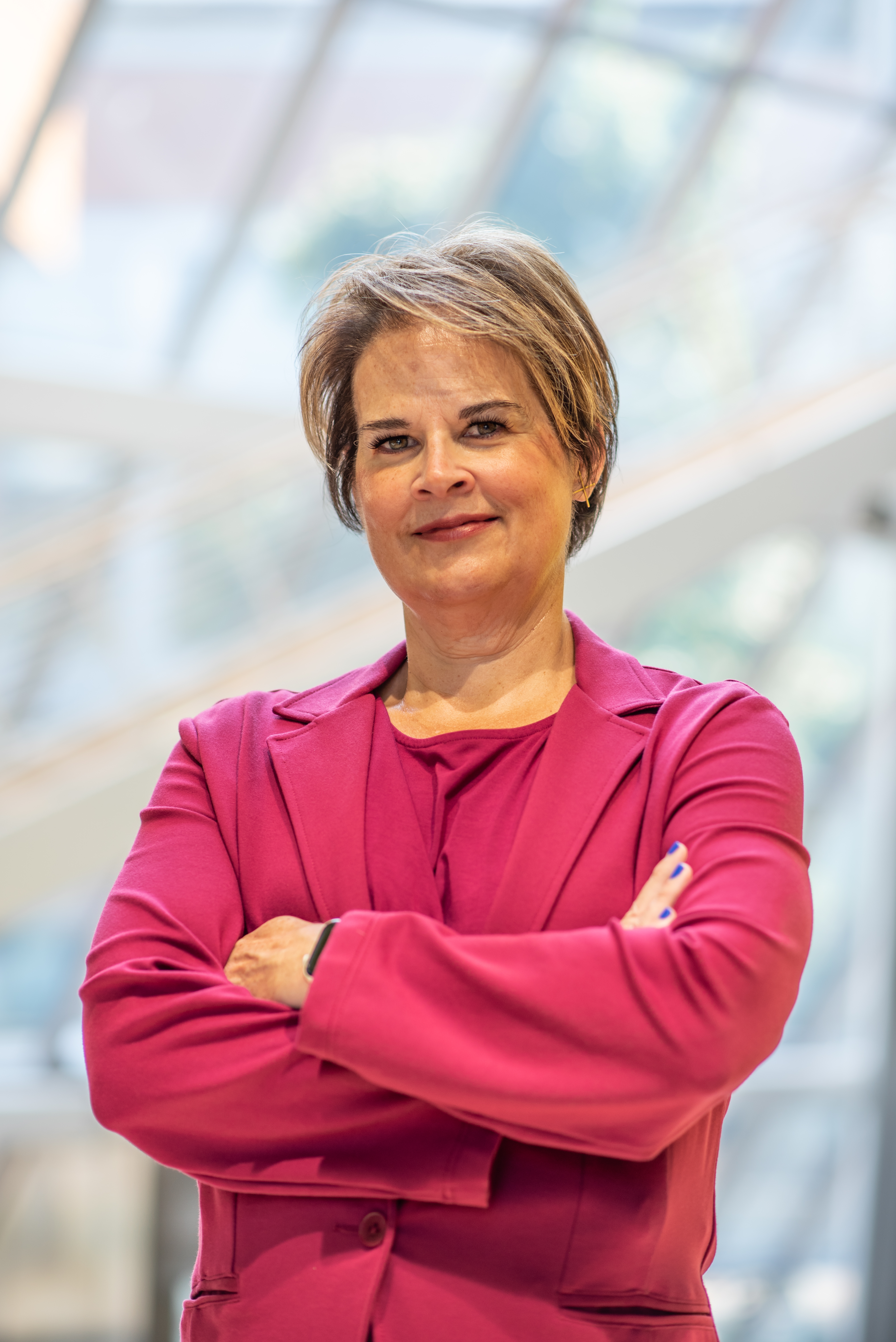
Sally Strand Mudiamu, Doctor of Education, is the Deputy Senior International Officer at Portland State University in Portland, Oregon, USA. She supports institutions and faculty in strategizing, accessing and growing their global engagement as part of imagining and creating the future of higher education. Her particular specialization is in COIL/VE as a future-facing pedagogy and institutional strategy for internationalizing the curriculum. In 2023 Dr. Mudiamu completed Harvard Management and Leadership Program in Cambridge at HGSE.
Professor Kyungsup Woo
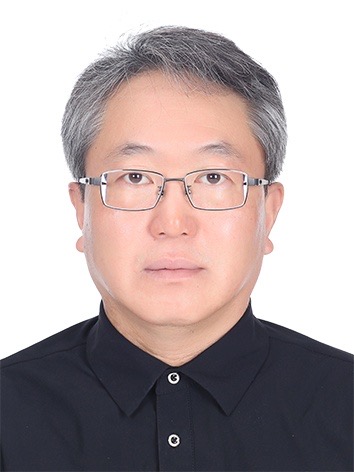
Professor Kyungsup Woo is a historian of the Republic of Korea. He is professor of Department of History and Associate Dean of College of Liberal Arts at Inha University. Professor Woo graduated from Department of Korean History, Seoul National University. (MA in Early Modern History of Korea, PhD. in Early Modern History of Korea, Seoul National University). Professor Woo has focused on comparative historical research to identify the characteristics of Confucianism in the Early Modern Korea, and recently, he is conducting research on the migration problem between Korea and China in the 17th to 19th centuries. He has published over 40 articles and several books on the History of Korea and East Asia, as The Establishment of Confucian Universalism in Early Modern Korea (2014, selected as one of the Books of the Year by The Ministry of Culture). Prof. Woo organized EECKS (East Europe Consortium for Korean Studies) with professors from South Korea and Europe. He also participated in over 100 conferences and workshops delivering speeches. He carried out lectures in some European and Asian countries such as Croatia, Poland, China, Japan, etc. Prof. Woo is teaching the Political and Thought History of Early Modern Korea and International Relations in East Asia at Inha University.
Part of the costs of participation of 5 keynote speakers are financed from the project ‘Excellence Initiative – Research University’, application number 109/01/POB5/0007 (projekt ‘Inicjatywa Doskonałości – Uczelnia Badawcza’ wniosek numer 109/01/POB5/0007)
Organizing Committee
Professor Kangsok Cho, PhD
Prof. Ferit Kılıçkaya, PhD
Barbara Jańczak, PhD
Prof. of AMU Joanna Kic-Drgas, PhD
Prof. of AMU Aleksandra Matulewska, PhD
Prof. of AMU Kyong-geun Oh, PhD
Professor Jong-seong Park, PhD
Professor Kyungsup Woo, PhD
Artur Urbaniak, PhD
Elwira Wilczyńska, MA
Soonmo Yang, PhD
Scientific Board
to be published soon

